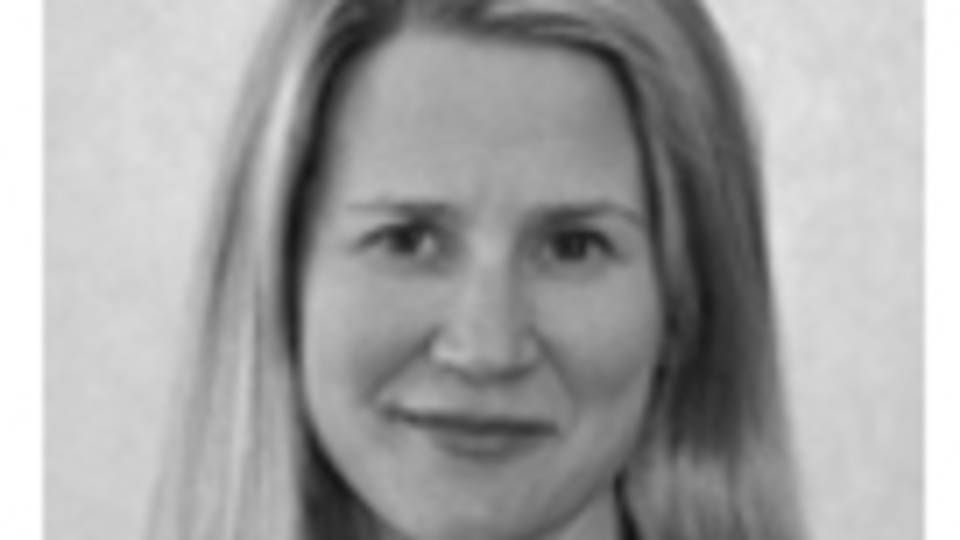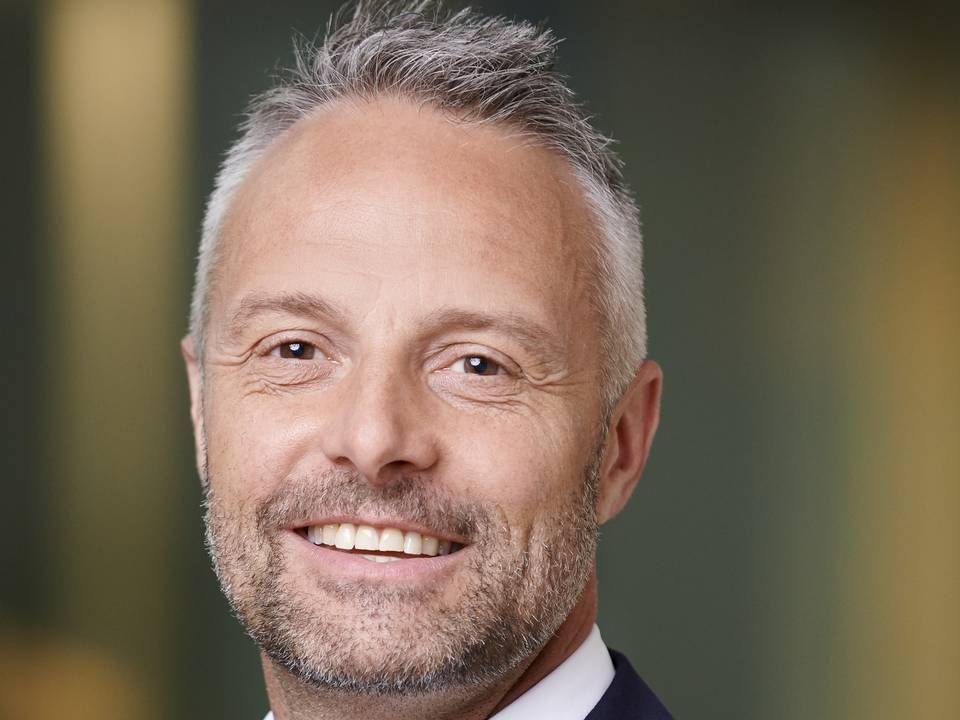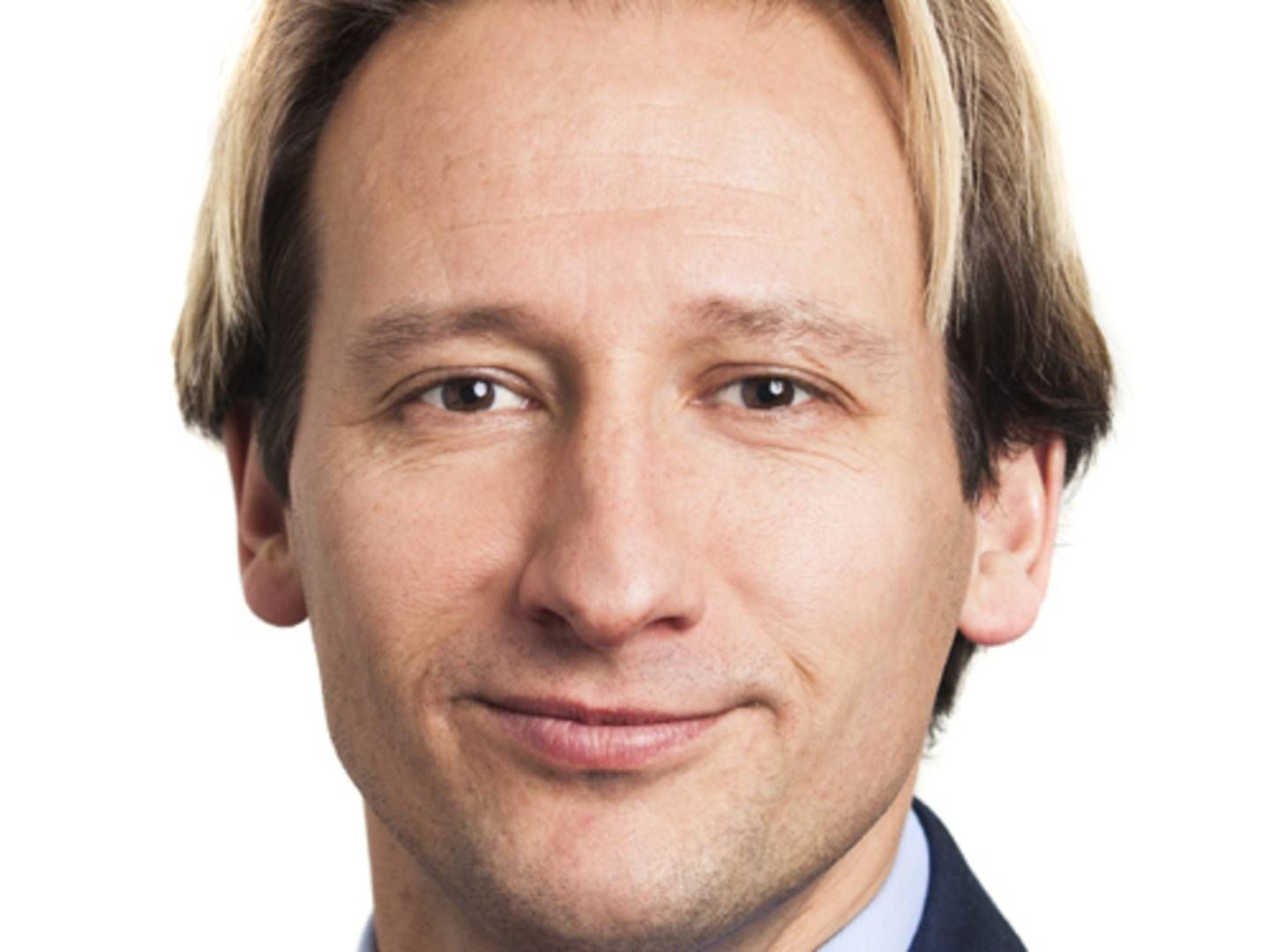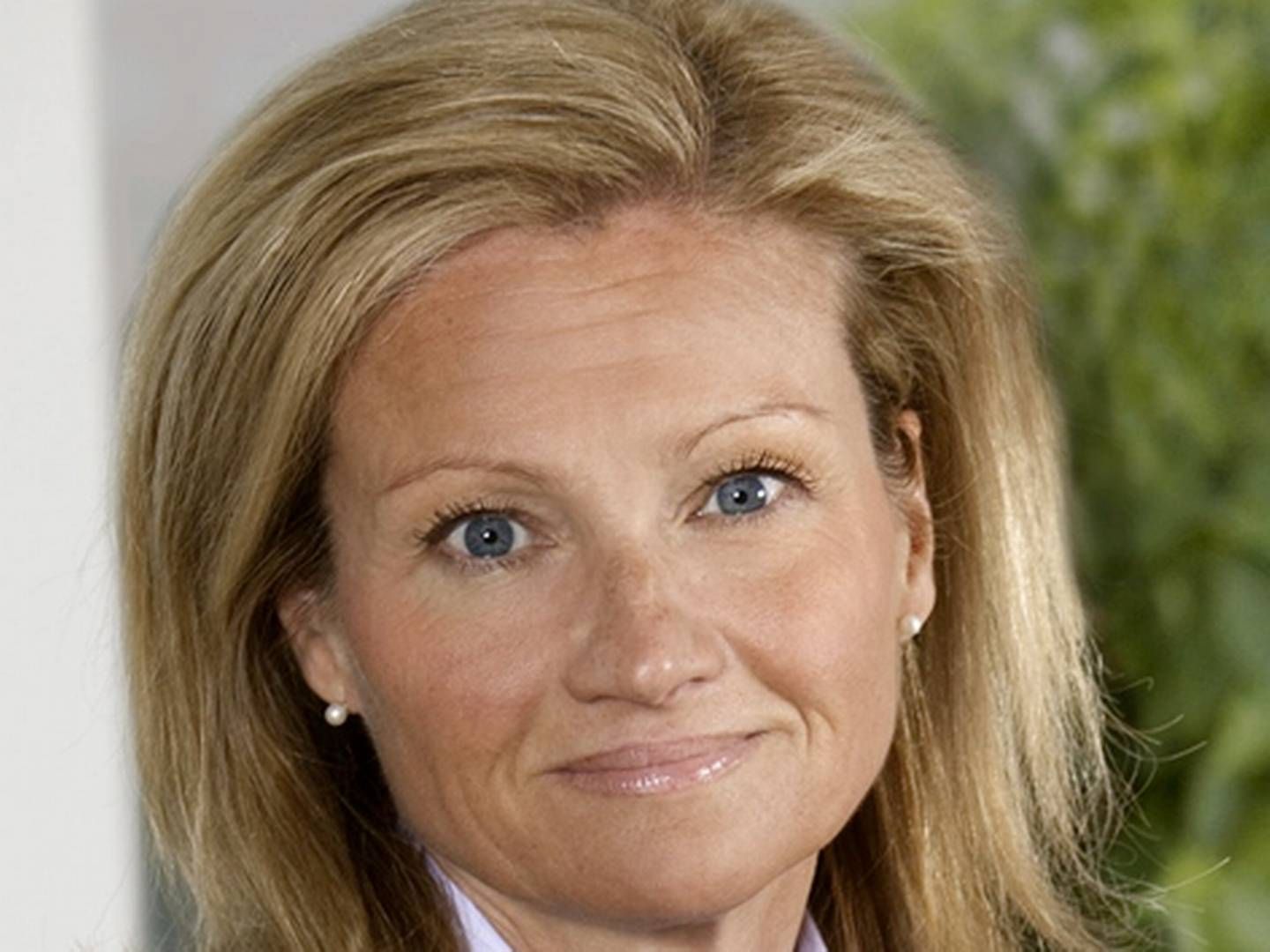Nordic investors are early adopters of themes and competitors need to be at the top of their game to keep up

In this last part of AMWatch's series on global asset managers’ competition in the Nordic region, we talk to the behemoth of investment firms: BlackRock.
Large asset management groups beef up Nordic presence amid competition melt up
The US-based asset manager employs roughly 50 people in the Nordics of which 40 are split between the Stockholm and Copenhagen offices.
Managing Director and Head of Institutional Clients Lena Lundholm-Micko was one of the first Nordic team members when she joined the US-based asset manager in 2008. AMWatch meets her at BlackRock's Copenhagen office, which opened in 2011, to discuss her view on the region.
Lundholm-Micko makes several references to the region as a key strategic area for the USD 6.84tn investment manager and this seems perfectly in line with the company’s recent hiring of Christian Hyldahl to build on its current business.
How has the Nordic competitive landscape changed in recent years?
"The Nordics has been a strategic priority for us for a long time and our firm’s global strategy is to be local across our key markets.
We have recruited people with the relevant experience and local knowledge to cover these markets. I think it is important to note that the Nordic investors are sophisticated, invest across a broad set of asset classes and tend to be early adopters of investment themes. Consequently, it is an important space for any larger asset manager and this results in fierce competition.
Many managers have a local office but most of the specialist boutiques use the fly in-fly out model. It's a large enough region with a large enough pool of assets to cater for a lot of different types of managers.
Ultimately, competition is positive and it's important to strive for excellence and innovation. You have to be at the top of your game to compete in this region."
What does BlackRock do to stay ahead of competition?
"I think the evolution of the asset management industry is driven by market dynamics but also regulatory structure.
A lot of our growth in the region stems from working with various types of clients and develop new investment strategies that suit their needs. We recently launched a new strategy together with Finland's Ilmarinen at USD 800m. This strategy has now grown to USD 1.6bn in assets under management since May, which shows the demand for products in this area.
We have to continue to be innovative and we believe that technology is a very important area. BlackRock developed its internal investment management system entitled Aladdin in the early nineties because we felt that there wasn't a good enough system to measure the risk in portfolios.
At one point, a client of ours became very interested in using it.
Do any Nordic clients use your platform?
"Yes, we have several Nordic clients on Aladdin. To complement our system, we acquired eFront earlier this year, which is a platform designed especially to cater for alternative investments. We have made investments in alternatives and capabilities, including infrastructure and private credit."
What do you consider to be the most important features for a global asset manager to become successful in the Nordics?
"I think being local is one of the most important aspects due to language and culture but also to understand the ecosystems in these local markets.
There is a big difference between the various countries in terms of regulation and which investment building blocks clients prefer to construct a portfolio. There isn’t just one way to do that, which is why we believe in the importance of being local. Understanding clients and their strategies is important to us.
In my opinion, clients are looking to evolve the relationship with their managers to broader partnerships. It's not focused around products it's much more about the whole portfolio discussion and broader strategic topics such as public policy and regulation."
How is emphasis on ESG and sustainability different in your company's home market compared to the Nordics?
"This is a global movement and a journey for the asset management industry but also the business community as the whole.
It is fair to say that the Nordic investors have been sophisticated in the field. They were early adopters of integrating ESG and sustainability into investment processes
BlackRock invests a lot in research on topics such as knowledge about the impact of climate change on investment portfolios. Another important point is product innovation.
We have the largest stewardship team in the industry and Nordic clients tend to be very interested to learn about our approach. We often have our head of stewardship in the region.
The last part is about integration into investment processes. In my opinion, analytics play a big role and our Aladdin platform has helped us to democratize the data access for our portfolio teams. We have rolled out a lot of data that is available to our investment teams."
Which of your investment strategies are currently most in demand in the Nordics?
"We have grown to become a market leader in sustainable ETFs. The index building blocks have become increasingly important to clients. This is true for the traditional index exposures as well as for thematics, such as robotics and digitalizing, and factor ETFs.
The last point is illiquid spectrum. Infrastructure and renewable energy as they play into the sustainability mindset as well. The illiquid part of the spectrum is where we see most interest as most portfolios are challenged by low interest rates for many years ahead. The market dynamics and various political changes also have an impact on that growth picture.
You have to build portfolios that are resilient for a number of different scenarios, hence investments should be broad and cover both liquid and illiquid investments."
Offering truly credible ESG solutions to clients is key to success
Nordic interest in systematic investing surges as investors seek reliable strategies
















